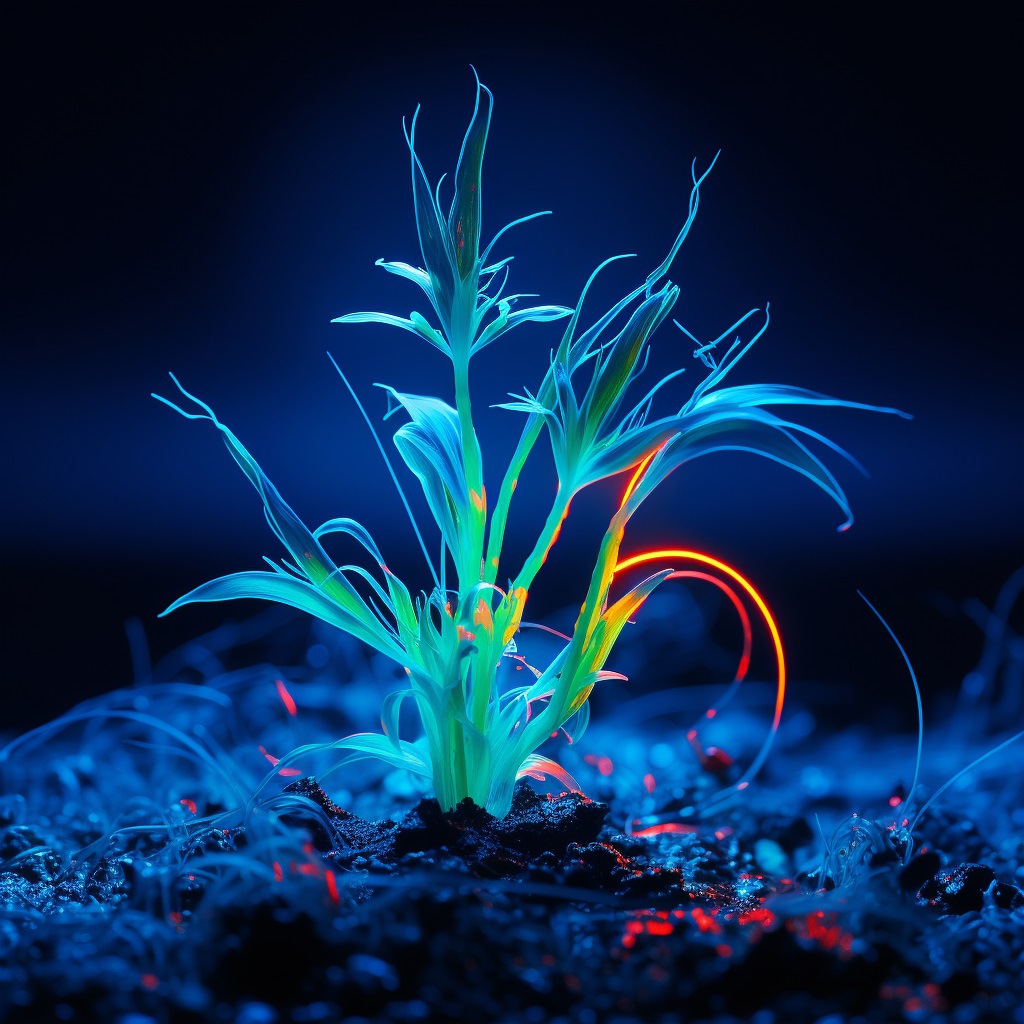An Overview of Impact NFT Projects
A closer look at projects leveraging non-fungible tokens as a fundraising tool for ecological impact.
By Trinity Morphy | August 6th, 2024

Following the launch of our ReFi project database, we are publishing a series of articles that provide an overview of each category in our taxonomy. First up is Impact NFTs.
The great promise of NFTs and the underlying blockchain technology lies in its potential to re-align incentives that make large-scale societal and planetary problems solvable.
As per our definition, Impact NFT projects are an altruistic application of non-fungible tokens designed to make ecological impact. We have intentionally left out one-off fundraising efforts so that we can focus on those projects that are building a sustainable model.
In this overview, I dig deeper into the different models used by these projects, explore case studies, identify barriers to adoption, and provide a future outlook.
Models
There are currently two core models used by Impact NFT projects:
- Basic fundraising - In this model, Impact NFT projects give or sell NFTs to supporters in exchange for donations to ecological activities. Often taking the form of digital art, these NFTs serve as a proof of contribution. Donors can use them to build an on-chain reputation as environmental stewards.
- Membership - This model goes beyond basic fundraising by leveraging social rewards to incentivise ecological impact. Projects grant NFT holders access to a club or community, which then decides what to do with the funds raised from membership sales.
| Basic Fundraising | Membership |
|---|---|
| Unchained Elephants (Closed) | Coral Tribe |
| EcoSynthesisX | Ecosapiens |
| Carbon Counting Club | Artifact Labs |
| Digital Green Guardians | |
| The JCR Club | |
| plant-based |
Examples
Let's look at four case studies of projects making impact:
Coral Tribe
Coral Tribe funds sustainable businesses through its ReFi Hub platform. With over 1,500 NFT holders, the project has raised US$500,000 in community funds and made significant progress in environmental conservation. Its achievements include restoring over 1,600 coral reefs, planting over 1,000 mangrove trees, and removing 500kg of ocean plastic.
Ecosapiens
Ecosapiens is a platform combining blockchain and AI to promote sustainability. A core part of its offering are Impact NFT collections that raise funds for ecological impact. These NFTs allow holders to offset carbon from the atmosphere while receiving benefits like early access to new releases, exclusive airdrops, and invitations to exclusive events. With over a million NFTs collected, Ecosapiens has sequestered 6,000 tCO2, planted 240,000 trees, and restored 26 hectares of mangroves.
Unchained Elephants
Unchained Elephants was a community-driven initiative focused on improving the lives of elephants and promoting responsible tourism in Thailand. With ~10,000 NFTs across multiple chains, purchasing an Unchained Elephants NFT directly supported elephant rescue efforts and serves as a badge of honour for holders. Unchained Elephants successfully rescued three elephants and assisted an additional eleven. It has since wound down its operations.
plant-based
plant-based is a collection of animated NFTs embedded with carbon credits. Each NFT has 0.01 CHAR (Toucan's on-chain biochar credit) attached, representing 10kg of verified carbon removal. NFT holders become part of a community aimed at addressing climate change with blockchain-verified carbon removals. Launched on August 2nd, 2024, 566 NFTs have been minted at time of writing - a total of 1.52 ETH raised.
Challenges
While some small-scale success has been achieved, Impact NFT projects face a number of challenges to wider adoption:
- Reputation - The 2021 boom and bust cycle and crypto's general association with scams and fraud has negatively affected the public perception of all Impact NFT projects. This has only served to increase the barriers of adoption.
- Impact measurement and verification - The lack of transparency and standardised metrics in Impact NFT projects makes it difficult for investors to compare projects and accurately assess long-term impact.
- Investment vs. donation - Impact NFTs represented as digital art risk being viewed as investments rather than donations. This misalignment can attract individuals focused on financial gain.
- Limited marketing resources - Impact NFT projects rely almost exclusively on grants for their operational expenses. This makes it difficult to invest in the right marketing channels.
- Association with well-known charities - NFTs in the impact space have typically been understood as fundraising tools used by established, well-known charities. This narrow view has neglected the potential of standalone projects to driving ecological impact.
Outlook
My outlook for Impact NFTs is generally positive. I'm inspired by NFTs for Social Good, a community highlighting the social impact of NFTs. It's proof of all the positive things NFTs are helping to enable.
The landscape is expanding, if gradually. We're starting to see innovative use cases that go beyond digital art to leverage the interoperability of Web3, such as attaching carbon credits and liquidity provider tokens to individual NFTs. The next generation of Impact NFT projects can take this innovation to the next level. It helps that the barriers to entry are low and the tools exist for a single person to launch an NFT collection and use it to raise funds for their ecological work.
I'm also heartened by the level of support from other ReFi projects. Toucan, for one, developed a "Green NFT Extension" that plant-based could use to embed carbon credits in its NFTs. Work like this helps expand the realm of what's possible.
Looking ahead, projects need tools to verify and promote their impact. This will help them onboard non-Web3 users and attract attention from larger donors. It will also allow the ReFi space to produce aggregated data for Impact NFT projects. Only then will we be able to truly understand the value of NFTs as a fundraising tool for ecological impact.
If you are an Impact NFT project and would like to be added to our database, please let us know.
For more information about Impact NFTs, please visit: